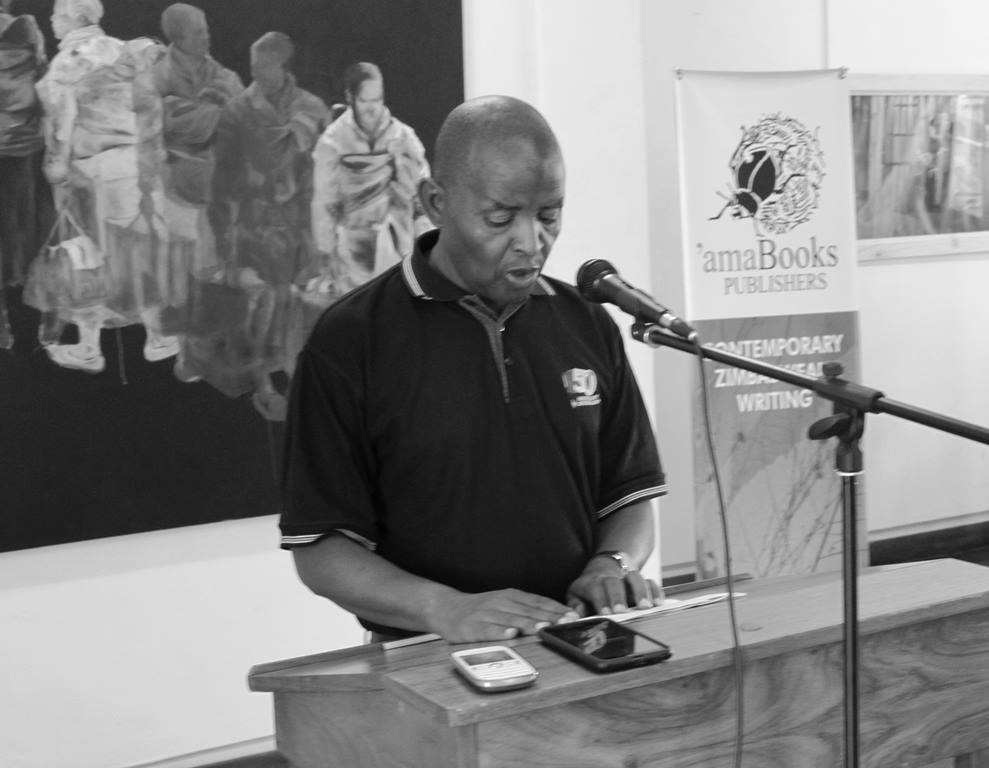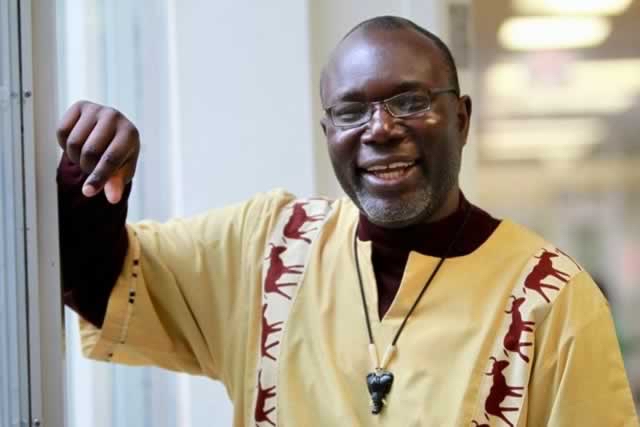 Tendai Huchu and his new
novel The Maestro, The Magistrate &
The Mathematician are featured in two events at the Edinburgh Festival
Fringe on Friday 28th August.
Tendai Huchu and his new
novel The Maestro, The Magistrate &
The Mathematician are featured in two events at the Edinburgh Festival
Fringe on Friday 28th August.
At 11am, the 2014
Caine Prize shortlisted author will read from his new novel and discuss with
Ellah Wakatama Allfrey how the heritage, traditions, and vibrancy of African
storytelling continue to inspire and influence his writing in the Robert Louis
Stevenson room at the Royal Overseas League in Princes Street.
Then, Tendai will
rush off to the Stand Comedy Club in York Place, where, at 4.25pm, he will
compete in a Literary Death Match. Part comedy show, part literary event, part
game show, a Literary Death Match brings together four writers to read their
most electric writing for five minutes or less before a panel of three ‘all-star’
judges. Tendai will be competing with Salla Simukka (author of As Red As
Blood), Kirsty Logan (The Gracekeepers) and John Osborne (Radio Head). The
judges – Mark Doty, poet and winner of many book awards, Holly Jack, Scottish
actress, and Charlie Baker, stand-up comedian – will take turns providing
humorous commentary and select two favourites to advance to the final. The two
finalists then compete in a vaguely literary competition to determine the
Literary Death Match champion.
Literary Death Match
events have become popular worldwide, so far in 57 cities, being described as ‘The
most entertaining reading series ever’ (LA Times) and as ‘Revitalizing the
coolitude of the printed word’ (Interview)
Tendai’s writing has
attracted much interest recently. A recent review of his debut novel, The
Hairdresser of Harare, in The New York Times included
the passage: ‘Too often in the United States, we have created a single
narrative about foreign countries, particularly African countries: They’re
impoverished and war-torn and beset by disease or, more benignly, simply
teeming with exotic animals.
‘Thankfully, the
single story seems to be giving way as American publishing has embraced a
vibrant chorus of voices from the African continent — Adichie, NoViolet
Bulawayo and Chigozie Obioma among others. To which we can now add one more,
Tendai Huchu.’
And Jeanne-Marie
Jackson in her review in Slipnet, ‘Tendai Huchu’s The
Maestro, The Magistrate & The Mathematician – An African Novel and Then Some’
added: ‘Tendai Huchu’s new book reminds us that serious thinking is as
important as driving home what we already know.’
In The
Maestro, The Magistrate & The Mathematician, three very
different men struggle with thoughts of belonging, loss, identity and love as
they attempt to find a place for themselves in Britain. The Magistrate tries to
create new memories and roots, fusing a wandering exploration of Edinburgh with
music. The Maestro, a depressed, quixotic character, sinks out of the real
world into the fantastic world of literature. The Mathematician, full of youth,
follows a carefree, hedonistic lifestyle, until their three universes collide.
In this carefully crafted, multi- layered novel, Tendai Huchu, with his
inimitable humour, reveals much about the Zimbabwe story as he draws the reader
deep into the lives of the three main characters.
The official United
Kingdom launch of the novel will take place later, on 30th October as part of
the Edinburgh Independent & Radical Book Fair. The Fair is an annual
literary festival providing five days of cultural and literary events, which
are free for all to attend. The Fair attracts writers, publishers and readers
often neglected by mainstream bookshop events and other literary festivals. It aims
to support small and independent presses who struggle to get shelf space in
major bookshops. Over 70 local and international publishers take stalls to
display their titles.
The
Maestro, The Magistrate & The Mathematician is published in Zimbabwe by amaBooks,
in the United Kingdom by Parthian Books and in Nigeria by Kachifo. It is due to
be published in North America by Ohio University Press, in Germany by Peter
Hammer Verlag and in Italy by Corpotre.
from: http://www.thezimbabwean.co/2015/08/tendai-huchu-the-edinburgh-festival-and-the-literary-death-match/






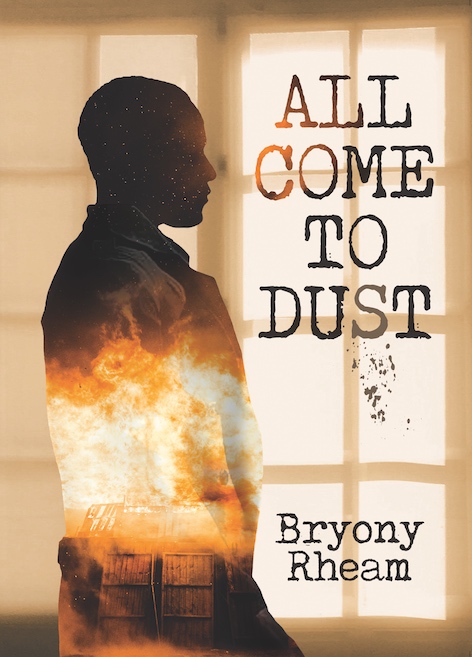
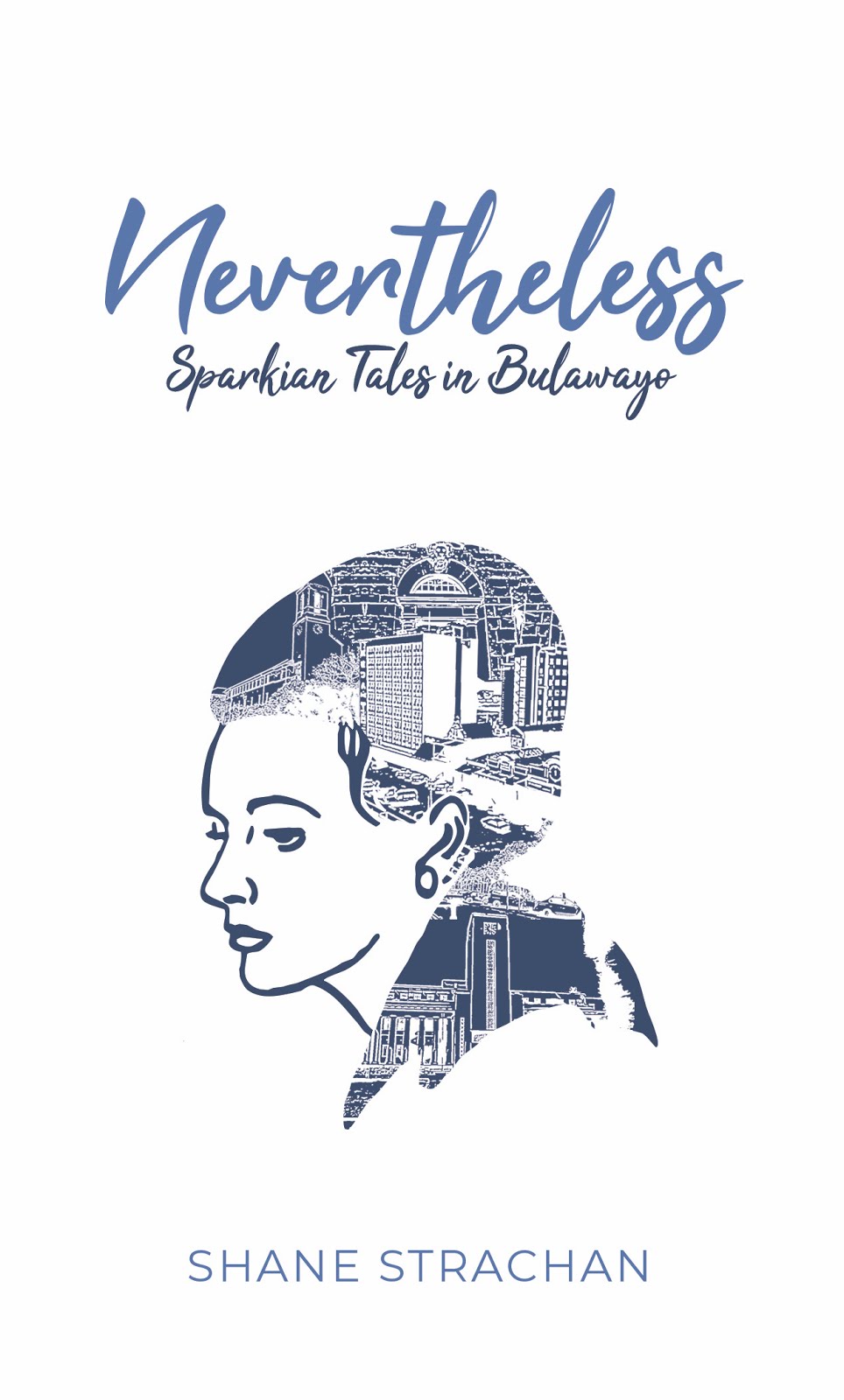





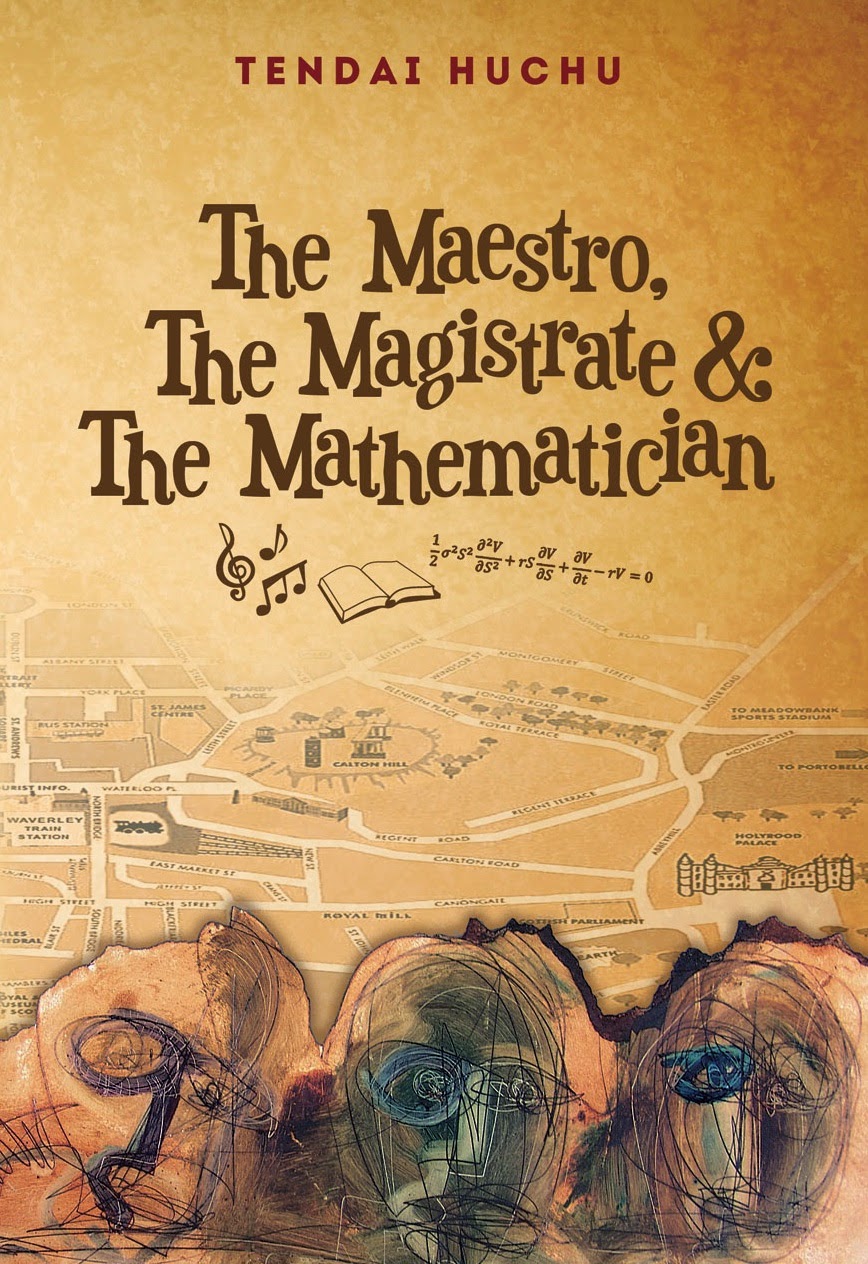
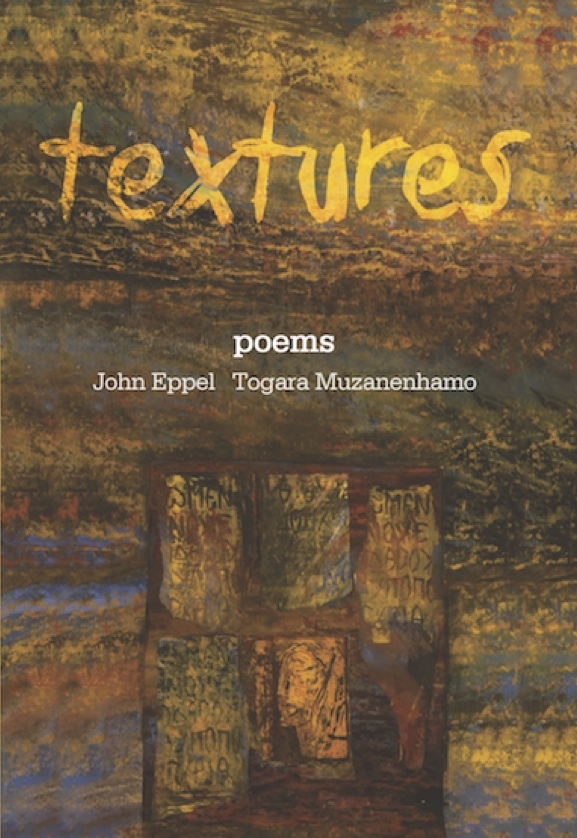
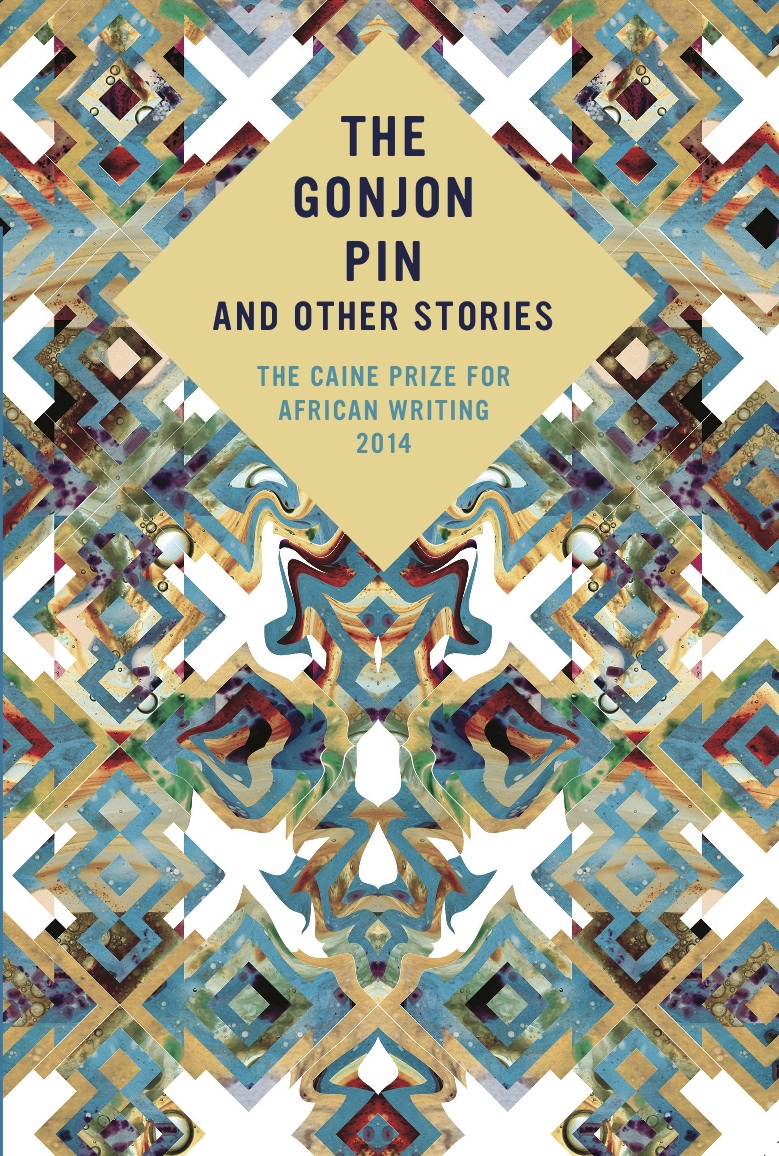
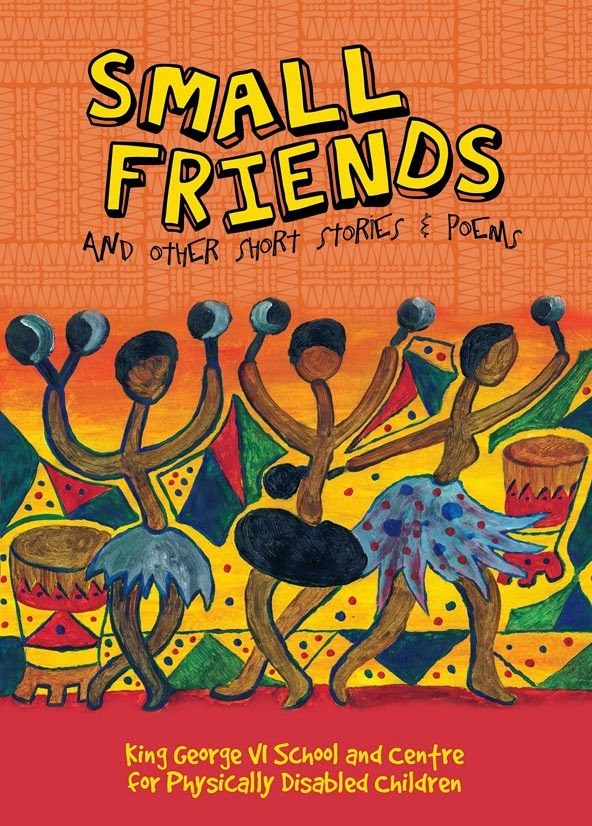
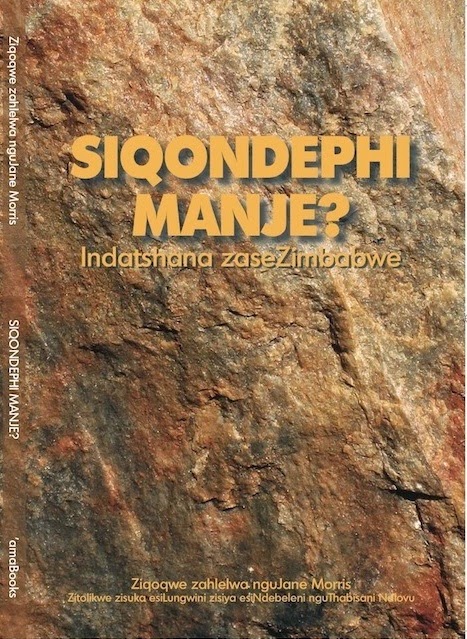
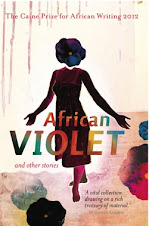

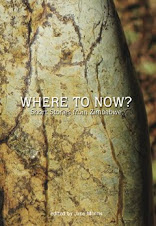
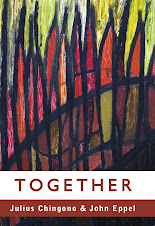
.jpg)

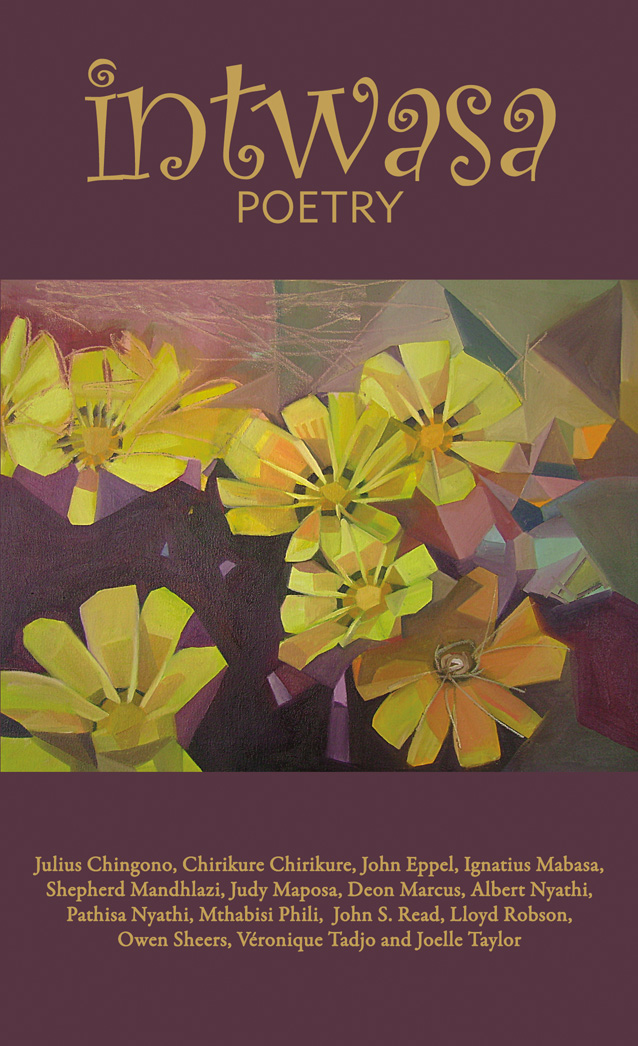


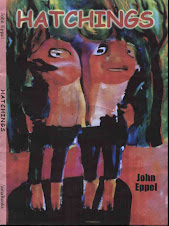













.jpg)











